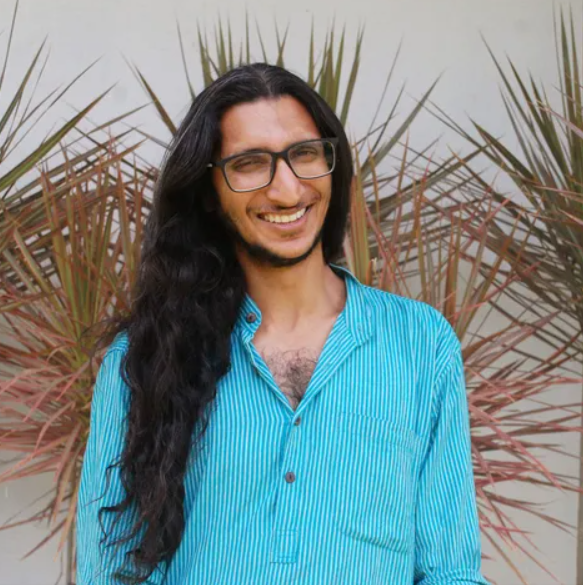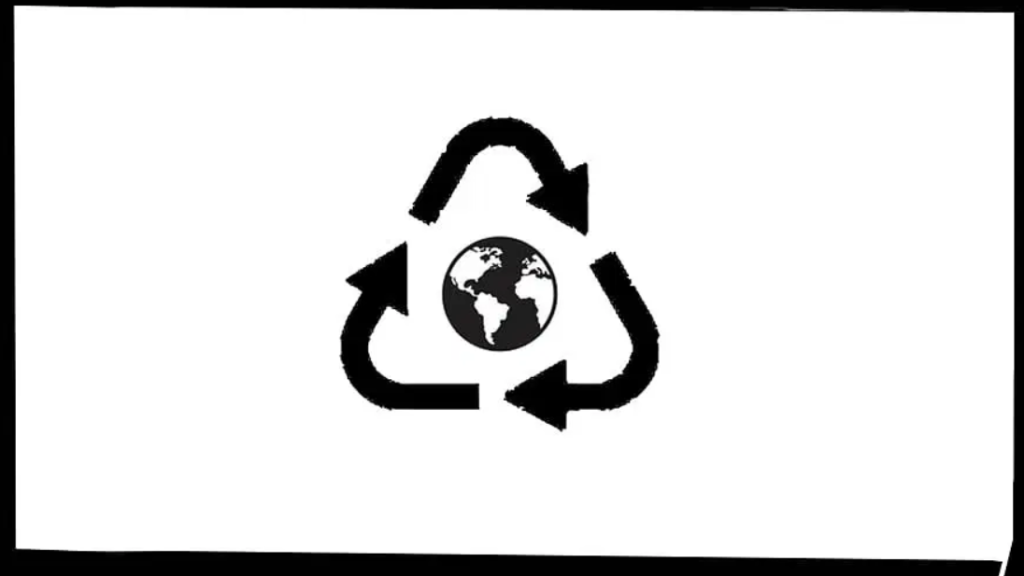Organic waste ending up in landfills is one of the major causes of methane generation which is the second highest contributor to global warming after carbon dioxide.
In 2015, 195 nations signed the Paris Agreement and pledged to ‘limit the temperature increase to 1.5°C above pre-industrial levels’. However, in 2024, the global average temperature was 1.60° C warmer than the pre-industrial level. With Trump as President, the United States has withdrawn from the Paris Agreement, raising fears that the global average temperatures may continue to rise and may even cross the dreaded 2°C above pre-industrial levels.
Organic waste ending up in landfills is one of the major causes of methane generation which is the second highest contributor to global warming after carbon dioxide. India’s landfills contribute to about 20% of the methane generated in the country. Gandhi’s vision of everyone being their own scavenger can help us find a way out. In today’s context, the simple mantra ‘My Waste, My Responsibility’ can significantly help in addressing the solid waste crisis leading to global warming.
Many cities and villages have recognised the value of decentralised waste management. The Thiruvananthapuram Municipal Corporation has started a ‘My Waste, My Responsibility’ campaign that promotes household-level or decentralised composting or biomethanation (the process of making biogas from organic waste) of organic waste through incentives and penalties. The Pune Municipal Corporation has a long tradition of promoting decentralised organic waste processing. Nearly 150 tonnes of wet waste produced by bulk waste generators are processed within the premises of the waste generators through composting or biomethanation. Nearly 25 tonnes of organic waste is composted by households. Another 700 tonnes is collected by the local bodies and composted or biomethanised.
Gandhi wrote extensively about the benefits, science and techniques of composting. Writing in Harijan (December 28, 1947), he extolled the virtues of composting all kinds of organic waste: “This organic manure ever enriches, never impoverishes the soil. The daily waste, judiciously composted, returns to the soil in the form of golden manure causing a saving of millions of rupees and increasing manifold, the total yield of grains and pulses. In addition, the judicious use of waste keeps the surroundings clean. And cleanliness is not only next to godliness, it promotes health.”
Composting creates massive quantities of nutrient-rich compost for the soil. This is particularly crucial when the country is facing the problem of soil degradation, leading to poor soil fertility, low crop productivity and nutritional deficiencies in consumers. Crops grown in depleted soil cannot withstand pest attacks, requiring the use of pesticides which further harm human and environmental health.
Biomethanation (converting of organic waste into biogas or methane in the absence of oxygen) has also proved useful for households and institutions where the biogas can be used to run cooking stoves. As per some estimates, biomethanising 100 kg of organic waste per day can employ two people and produce nearly 100 cylinders worth of cooking gas in a year, in addition to tonnes of excellent quality compost.
Decentralised composting/biomethanation also creates jobs in designing, setting up, maintaining and operating composting and biomethanation facilities. According to a study by this author, it is possible to create nearly three lakh green jobs in organic waste composting and biomethanation if every city were to mandate decentralised processing of organic waste at source.
Shaping a collective response
Realising the urgency to cut methane emissions, 159 countries across the world have signed the Global Methane Pledge, whereby they have agreed to take voluntary actions to collectively reduce global methane emissions by at least 30% from the 2020 levels by 2030. Further, given the central role of organic waste mismanagement in global warming, in the recent COP29, 52 countries signed a declaration on reducing methane from organic waste. India is the third largest methane emitter globally. It has not joined the Pledge; however, by implementing decentralised composting, India can show the world an easy way to cut down methane emissions.
Organic waste comprises over half of nearly 70 million tonnes of Municipal Solid Waste that India produces annually. By mandating decentralised processing of such waste, our cities can easily get rid of nearly 35 million tonnes of this waste. This would lead to the production of nearly seven million tonnes of compost annually, worth nearly Rs 3,500 crore, and help save municipalities nearly Rs 24 crore in transportation costs alone.
Achieving this goal requires appropriate changes in policy and governance. The Ministry of Environment, Forests and Climate Change (MoEFCC) has issued new Draft Rules for Solid Waste Management. A few simple changes in these rules (particularly Chapter 7, sections 18 and 19 – Duties of Urban and Rural Local Bodies) may help promote decentralised organic waste processing, thereby helping to create green and decent jobs.
Among other actions, local governments can be mandated with enlisting a panel of experts who practise composting/biomethanation and can train and certify others; provide a property tax rebate for those practising composting/biomethanation; ensure that organic waste is collected separately from dry waste and lower the collection fee for those practising composting at home. It needs to be ensured that all new real estate projects include composting/biomethanation systems as part of their design. Finally, the governments can also collaborate with training institutes to train and empanel workers skilled in composting/biomethanation and publish the list of workers that individuals, builders and institutions can connect with and employ.
(The writer is faculty at Azim Premji University, Bengaluru)
Source link : View Article
Author
-

Dr Anjor Bhaskar is a faculty at Azim Premji University, Bengaluru. He has an MSc (Econ.) from the University of Warwick and a PhD from TISS, Mumbai. He works at the crossroads of research and action in the fields of development and sustainability, focusing on policies that impact the most vulnerable. Both his research and practice have spanned rural and urban areas, across many states in India. A lot of his research agenda has been implemented in cooperation with grassroots organisations across India.



